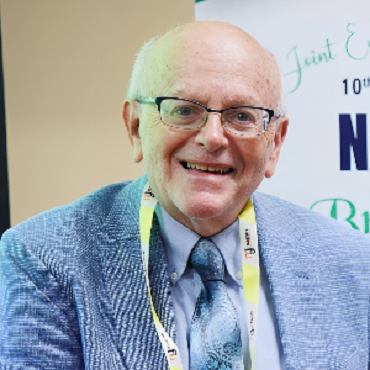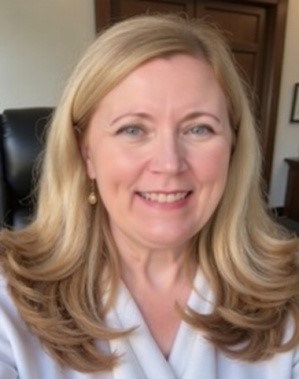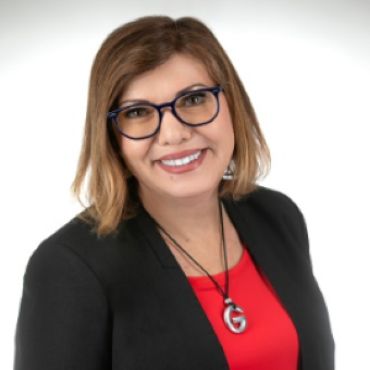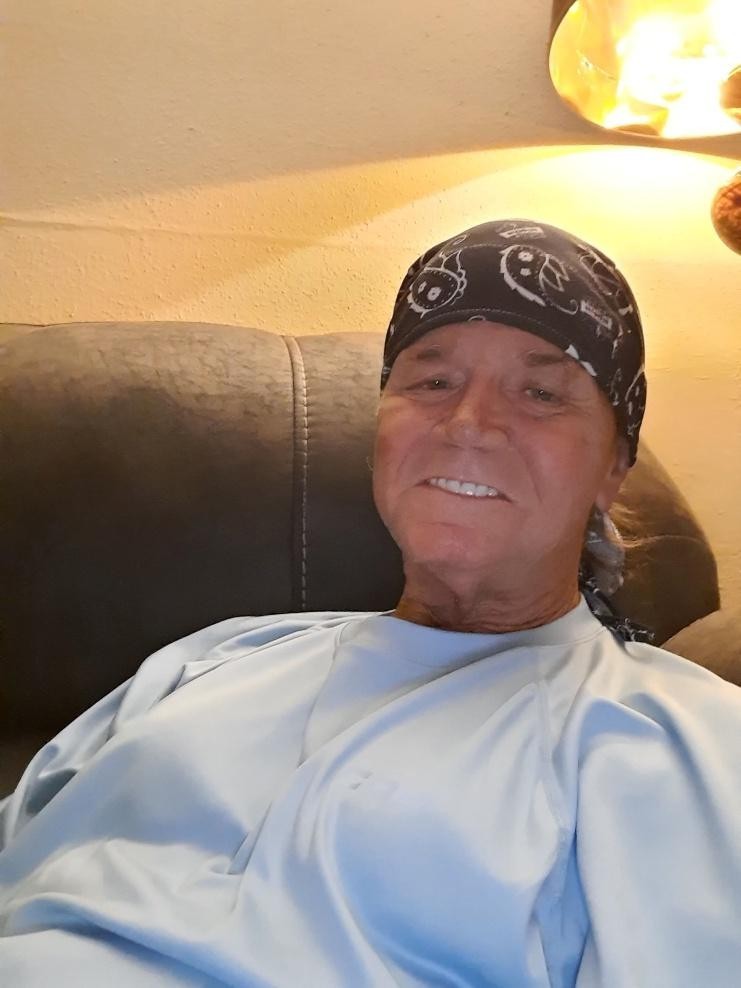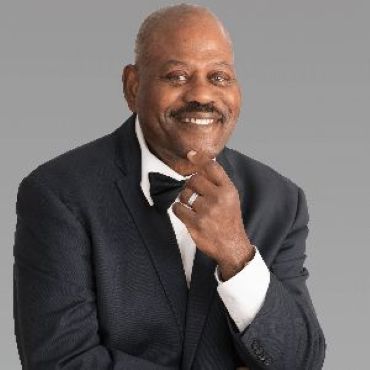Welcome to GAB 2026
In the vibrant city of Boston an epicenter of innovation, history, and scholarly excellence. Boston is home to world-renowned universities and research institutions like Harvard University, MIT, Boston University, and Harvard Medical School, fostering cutting-edge research in psychology, neuroscience, and addiction studies. As we prepare to gather for the 7th Edition of the Global Conference on Addiction Medicine, Behavioral Health, and Psychiatry, we invite you to join us from October 19-21, 2026, in person or virtually. This hybrid event, themed "Innovating Pathways: Transforming Addiction Medicine and Behavioral Health", promises a dynamic platform for collaboration among leading psychiatrists, psychologists, neuroscientists, clinicians, policymakers, and industry pioneers from around the world. Whether you're here to share insights, forge new partnerships, gain cutting-edge knowledge, GAB 2026 offers unparalleled opportunities for professional growth and meaningful dialogue. After the conference, enjoy the allure of Boston's seaside charm or take a scenic trip to Cape Cod for a memorable escape. We look forward to welcoming you to this transformative event in the heart of Boston!


